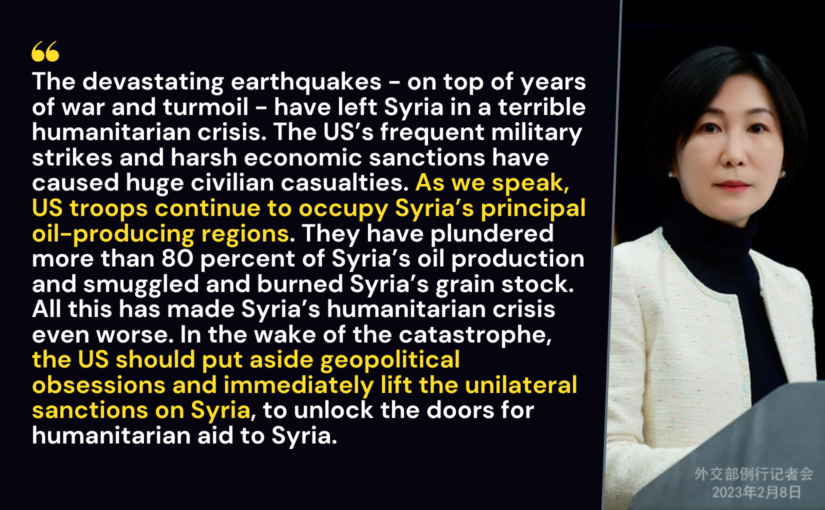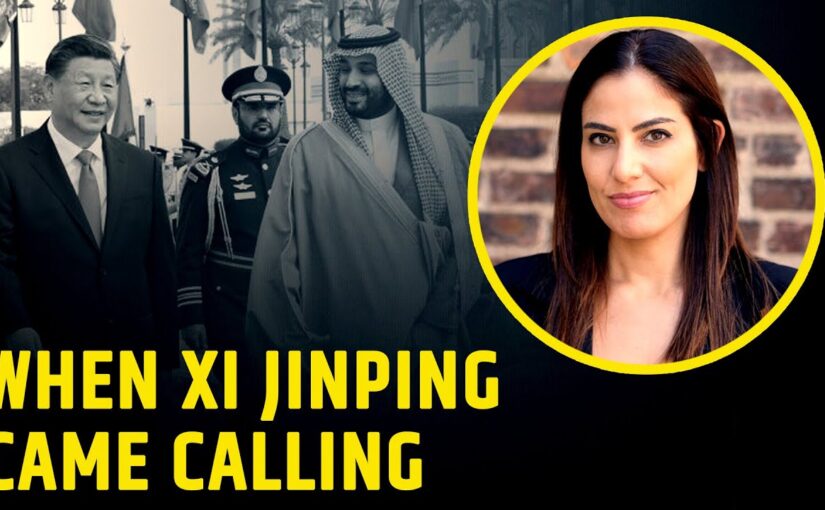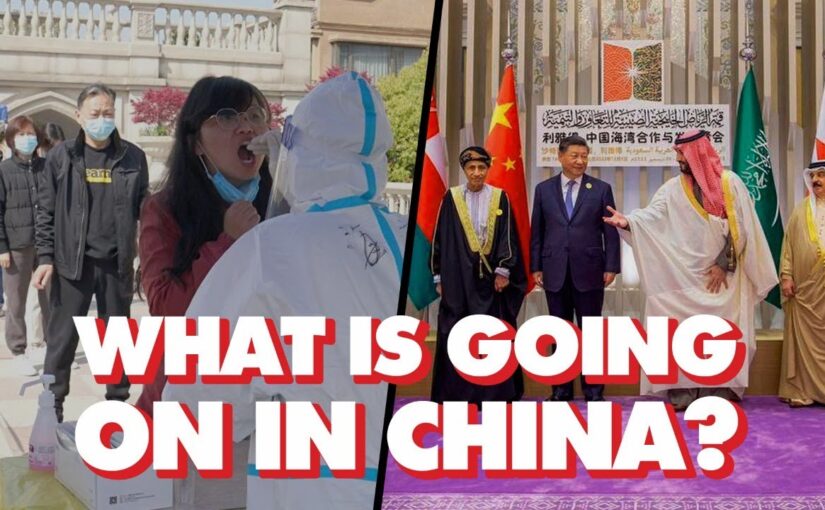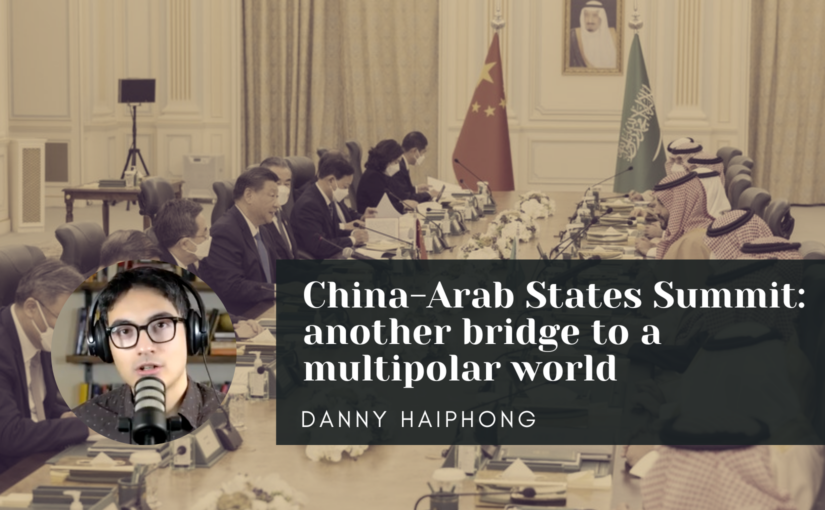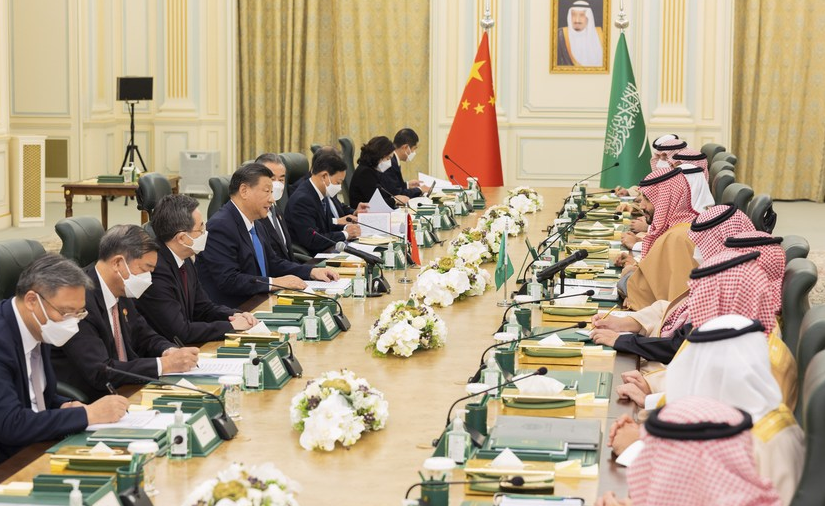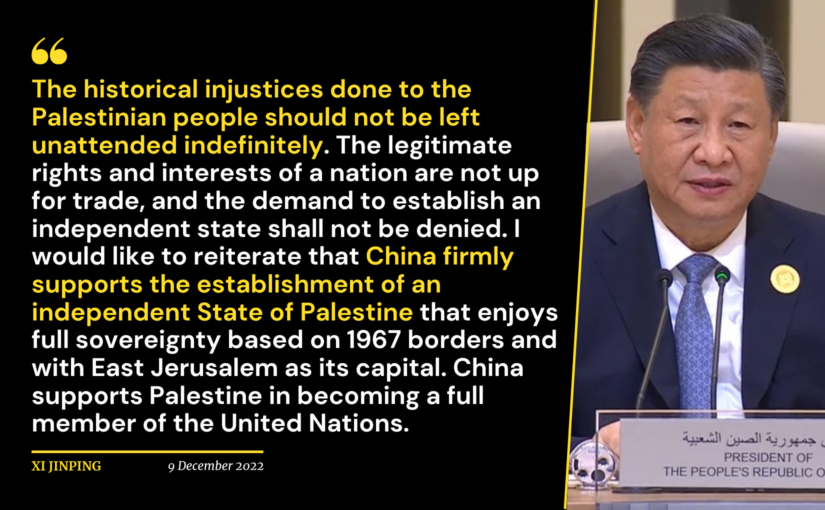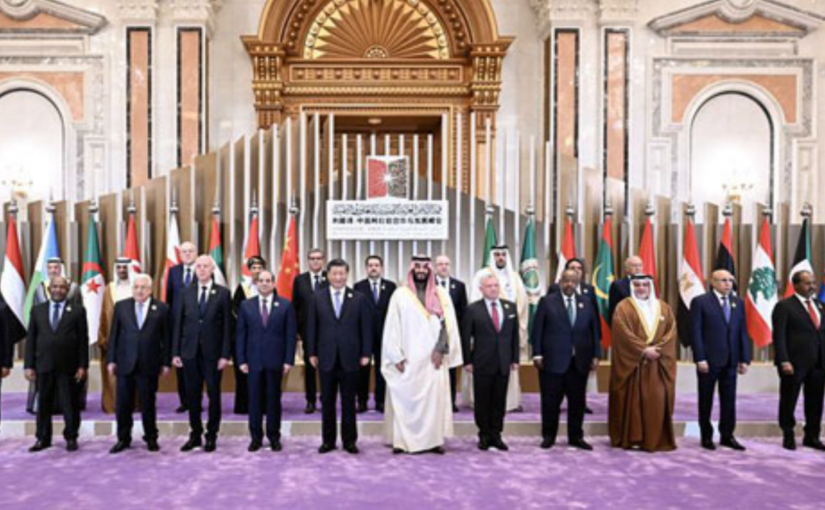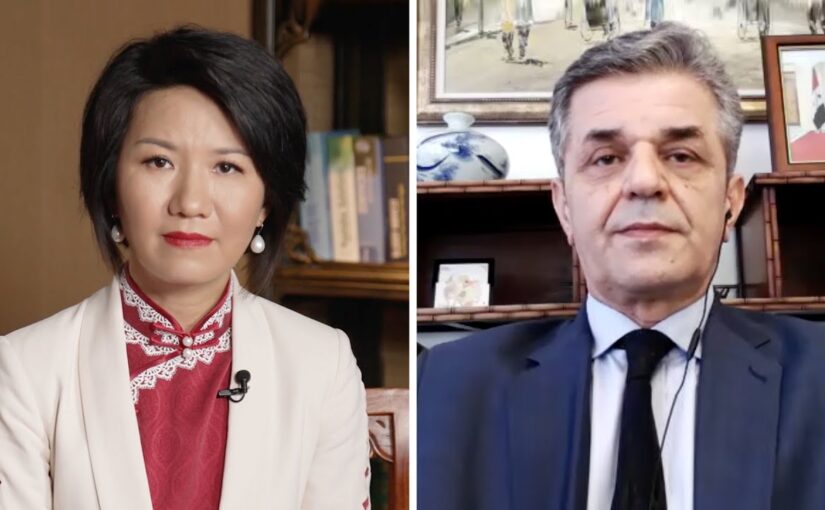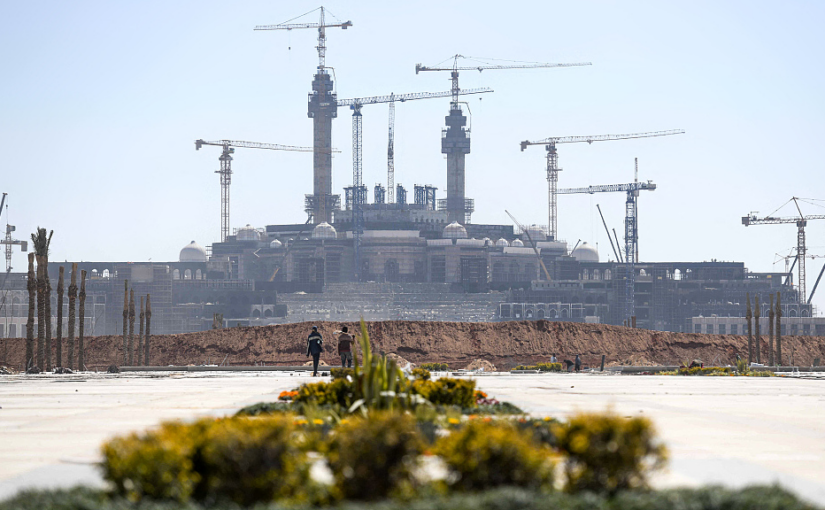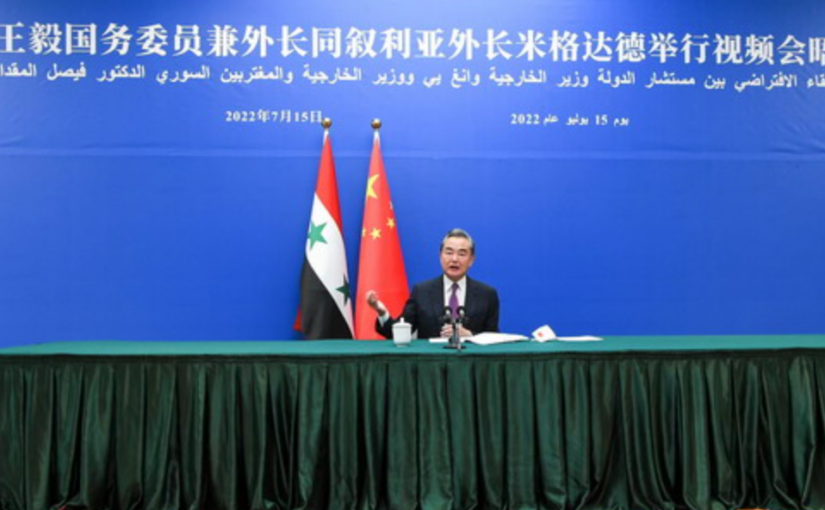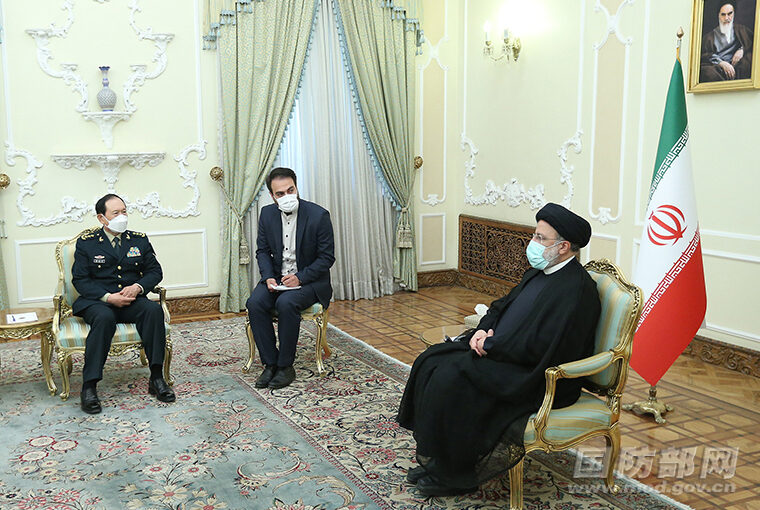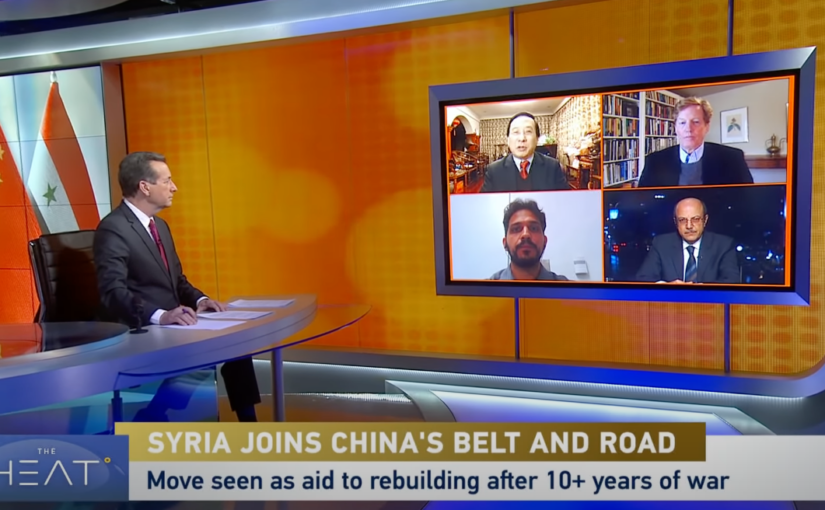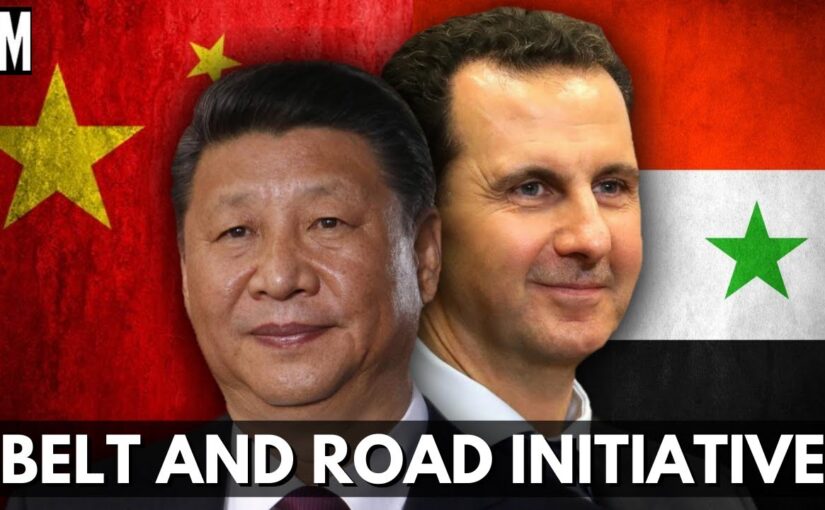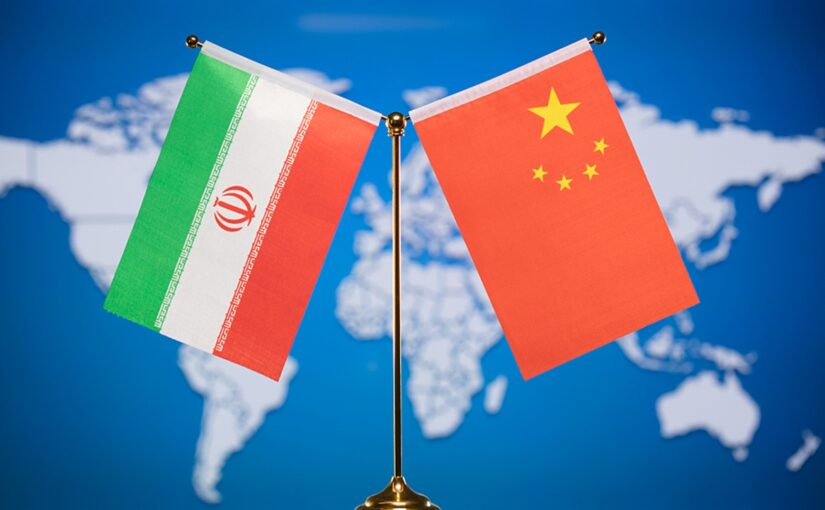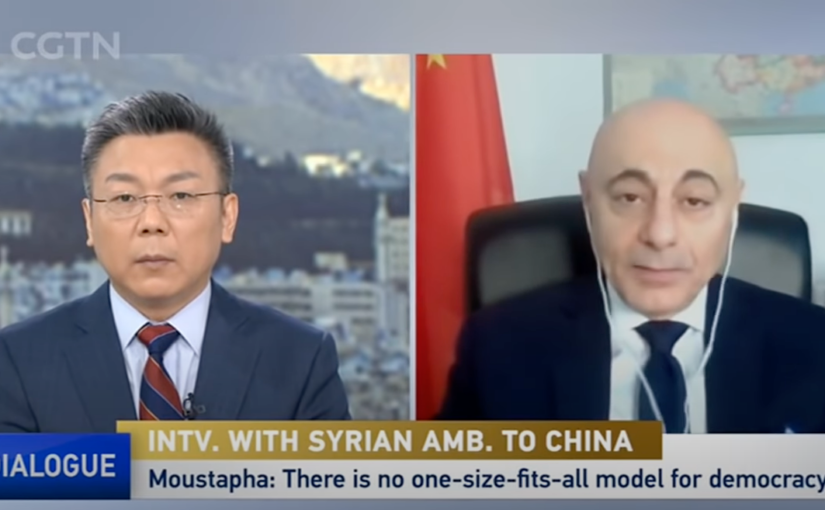During his recent state visit to Saudi Arabia, President Xi Jinping not only attended the first summits between China and the Arab States and between China and the members of the Gulf Cooperation Council (GCC), but also held bilateral meetings with leaders of many countries, including Egypt, Palestine, Kuwait, Sudan, Tunisia, Iraq, Qatar, Somalia, Mauritania, Djibouti, Comoros, Bahrain, Yemen, Oman, Algeria and Lebanon.
One of his first meetings was with Palestinian President Mahmoud Abbas. President Xi pointed out that China-Palestine friendship is deeply cherished by the two peoples. Over the past five decades and more, the two sides have always trusted and supported each other. No matter how the international and regional situation changes, China always firmly supports the just cause of the Palestinian people to restore the legitimate rights and interests of their nation, and always stands with the Palestinian people.
President Abbas said that the Palestinian people are deeply proud of their friendly relations with the Chinese people. China is Palestine’s sincere and trustworthy friend and has always firmly supported the just cause of the Palestinian people by offering Palestine all-round and unconditional support on the political, economic, moral and other fronts. All Palestinian people hold sincere affections for the Chinese people.
The words of the two leaders were not empty ones. China sent its first aid to the Palestinian people in 1960. When the Palestine Liberation Organization (PLO) was founded in 1964, China became the first non-Arab country to recognize it. In March 1965, a PLO delegation headed by Ahmed Shuqairy was welcomed by hundreds of thousands of people and was received by Mao Zedong, Zhou Enlai, Liu Shaoqi and other leaders. The first Palestinian fighters were sent for military training in China that same year.
Already, the previous year, Yasser Arafat’s lifelong comrade-in-arms, Abu Jihad (Khalil al-Wazir) had visited China, along with the neighboring socialist states of Korea and Vietnam, as part of a joint Algerian-Palestinian Fatah delegation that secured the support of the three countries for the Palestinian revolution.
Yasser Arafat himself, the historic leader of the Palestinian revolution, made 14 official visits to China. Late Chinese President Yang Shangkun once told him that even the youngest child in the most remote Chinese village knew his name.
In the 1960s, Arafat’s al-Fatah organization declared that “Mao Zedong Thought is a spiritual atom bomb”, echoing a phrase that was popular in China at that time. In 1970, Arafat said that China is “the biggest influence in supporting our revolution and strengthening its perseverance.” That same year, George Habash, leader of the Popular Front for the Liberation of Palestine (PFLP) simply stated: “China is our best friend.”
To this day, the Fatah leadership maintains a post of Commissioner for Relations with Arab Countries and China, testifying to the special relationship between the two countries, and presently held by Central Committee member Abbas Zaki.
On August 9, 2021, the Chinese newspaper Global Times, published an article entitled I Will “Move the Mountains” Like the Chinese Do — Yasser Arafat, the “Yu Gong” of Palestine. It stated: “Arafat was a big fan of Mao Zedong and read many of his works. According to people close to him, Arafat led the Palestinians in fighting a quite successful guerrilla war against the Israelis, whose military far outmatched theirs. During those tough years, he drew much wisdom, experience and confidence in the military realm from Chairman Mao’s works on guerrilla warfare. His favorite piece was Yu Gong Moves the Mountains, which he read many times. According to him, the Chinese people have a precious spirit that cannot be bought with money. The Chinese were not afraid of imperialism, neither did he. He saw himself as the Yu Gong in Mao Zedong’s book, determined to move the mountain of imperialism. (Note: The article in question is officially translated as ‘The Foolish Old Man who Removed the Mountains’ and was Comrade Mao Zedong’s concluding speech at the Seventh National Congress of the Communist Party of China held in 1945.)
“At the end of 1991, after a visit to Southeast Asia, Arafat’s plane landed in Shanghai due to bad weather. He received warm welcome from the Chinese side. Before departure at the Shanghai Hongqiao International Airport, Arafat wrote in the guest book: Long live the Palestine-China friendship! My sincere gratitude! The Palestinian people salute the Chinese people. China has firmly supported the position of Palestine. We will fight shoulder to shoulder until the final victory! In 2000, President Jiang Zemin met with visiting Palestinian President Yasser Arafat and discussed the proposed founding of a State of Palestine. Jiang Zemin told him that China believes the Palestinian people have the inalienable right of national self-determination, including the right of statehood. China respects the choice of the Palestinian people. It recognized the State of Palestine and established diplomatic ties with it as early as in 1988. No matter how the situation may change in the Middle East, your decisions, if they serve the Palestinian people’s interests and the just cause, will always have the support of the Chinese government and the Chinese people. Given such profound friendship, Arafat often chose to visit China when Palestine was at the critical juncture.”
The following report of the meeting between Presidents Xi and Abbas was originally carried on the website of the Chinese Foreign Ministry.
